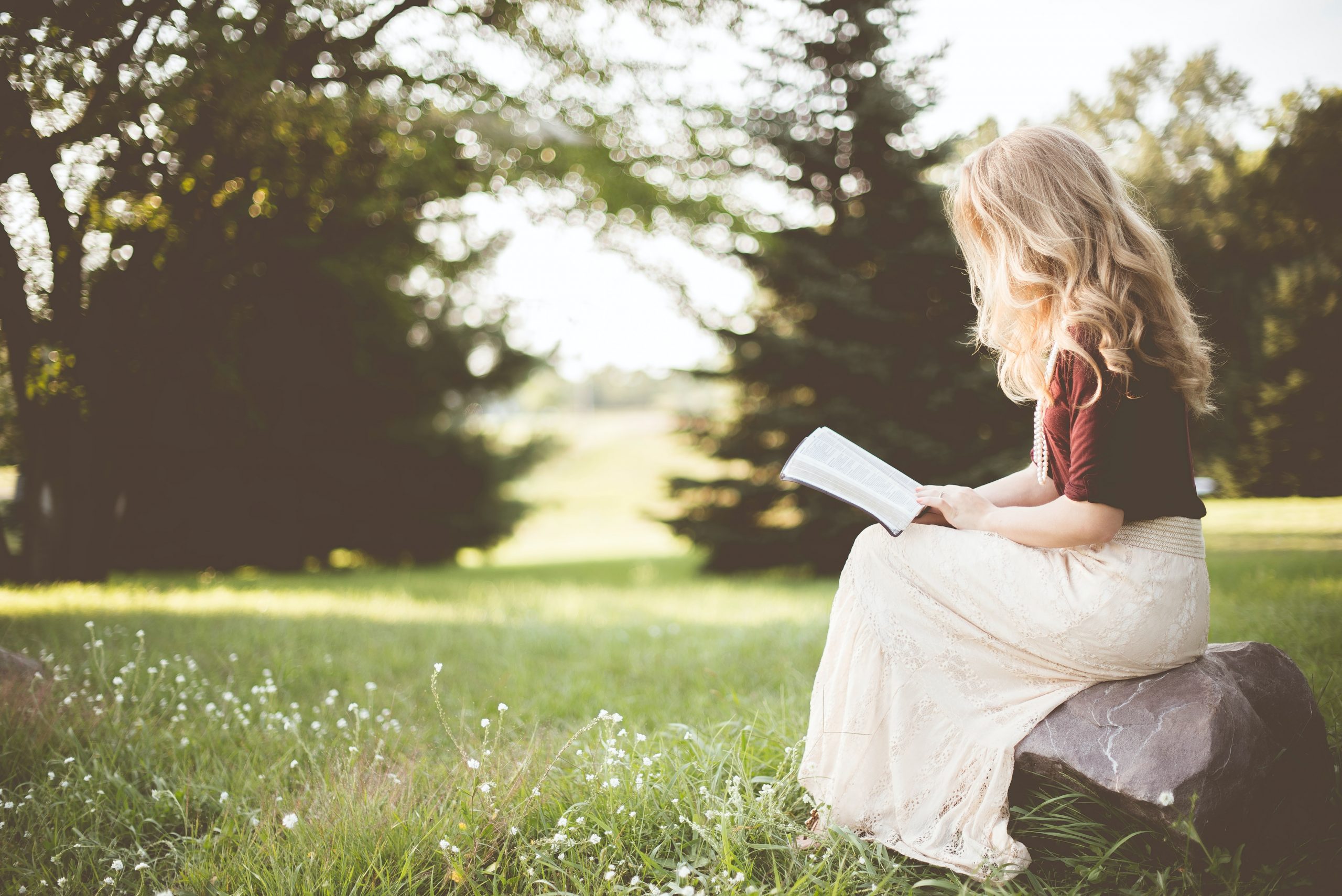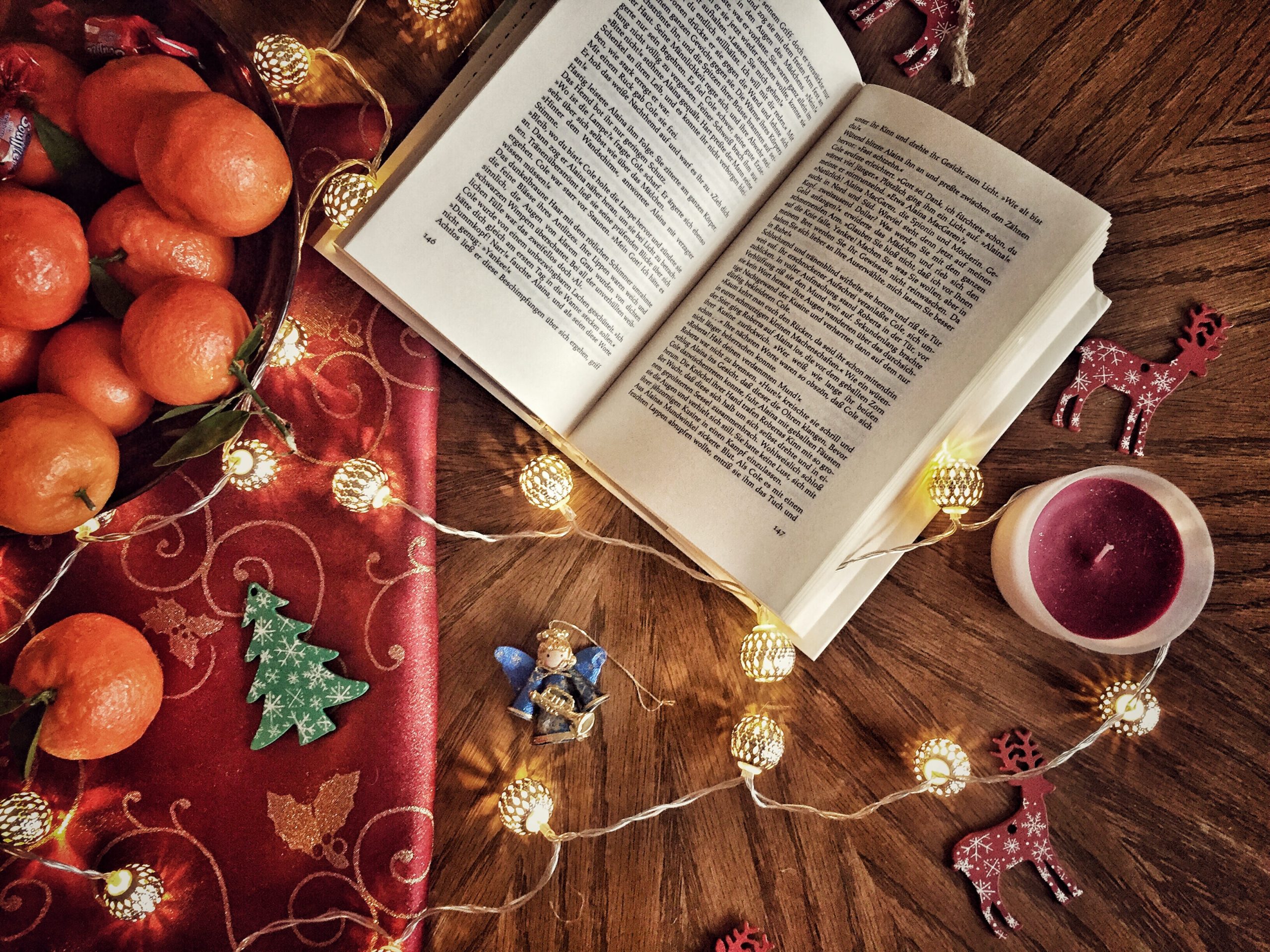
In this version of twenty questions, I send a list of questions to a willing victim author and they choose their own interview by choosing which questions, and how many questions, they want to answer! Nell Leyshon’s The Colour of Milk tells the story of a young English farm girl who learns to write, but with devastating results. Here is what Nell had to say about reading, writing, and and how working with a population of marginalized women inspired her novel.
Would you give us a bit of introduction and let my readers know who you are, how you got started writing, and what kind of books you like to write?
I came to writing late. So many writers talk about writing when they were young, but I never did. I started as part of my degree which I undertook as a mature student, after I had my first son.
I write many different things – it’s hard to say what they all have in common as it’s difficult to see what it is when you are doing the writing. I have published three novels to date and am somehow working on two more which is scrambling my brain!
I am often struck by the different ways writers respond to the process of writing a book. Can you share with us any routines, food or recipes, or favorite books or rituals that help you thorough the writing process?
I don’t think I have any rituals. I think of writing as «work», so it’s something I have to do. If I don’t write for a while, I feel the pressure to speak build up and it becomes quite uncomfortable. Sometimes I listen to music; other times I work in silence. Sometimes I write at home, sometimes out and about. The main thing is to keep writing.
People live in stories, we are surrounded by them. What was it about this the story that made it the one you had to tell at this time? What impact did telling this story have on your life? Did you find that it had changed you?
I have worked with maginalised people for a long time now – I work with recovering addicts, and ex-offenders. I also work with gypsies. Many of the women are illiterate or semi-literate and writing The Colour of Milk made me realise how extraordinarily important education and literacy are. I really did feel under great pressure to tell Mary’s story.
What are you reading now? What are some of your favorite books and authors? Has writing your own book changed the way that you read?
I have always read critically, and writing has me do so even more! I wish it hadn’t. I read widely, but am quite demanding. I don’t like to be told too much – I like to work some things out. I also liek to be surprised. I’m currently reading a book of stories about adoption which interests me greatly. I’ve just had a reading binge on Willa Cather and Elizabeth Taylor. Both are brilliant.
Are you able to read when you’re writing and if so what books inspire you when you’re working your own book(s)?
Yes I am fine to read while I’m writing, but don’t find inspiration in books, unless they’re for research. I find inspiration is better found in walking and thinking.
What was the most interesting thing that you found out while researching this book that you ultimatley decided not to include?
That there had been riots in 1831 about the mechanisation of agriculture, but to be honest it just didn’t fit in as by the time I wrote it, Mary had snatched the story from me!
What types of books would some of your characters have if they were readers? Given their issues what book(s) would you suggest for them to read?
They would have almanacs and auction catalogues; King James Bibles and local newspapers. Songsheets from the local fair.
In the past I have visited a blog called Daily Routines and it’s all about the schedules of writers and creative people. What does a typical day look like for you and how do you manage a busy schedule?
I walk every morning before I start work. Each day is slightly different; I may be workshopping or meeting with one of the writers I work with through the charity Vita Nova. I may be in London, in theatre meetings or working on a theatre project. If I’m at home writing, I may put in a shorter day or if I have a deadline or am in an unstoppable mood, I may put in a very long day and not stop until I am worn out. I like being busy and thrive on it.
If you could have everyone read five books, which ones would they be?
I can’t quite imagine being that prescriptive! I know we all have such different taste.
Did you know what you wanted the title of the book to be? How involved were in choosing the name of the book?
The title came on the first page, as soon as I wrote the line «my hair is the colour of milk». I just knew that was it.
Do you ever look back at your early work? How do you feel your writing style or approach to writing has evolved since you first began?
I burned all my early work! I lit a bonfire and burned years’ worth of writing. However, even thouh it doesn’t actually exist anymore, I do remember it. And yes my writing has evolved. All writing does if you put enough work in and do your apprenticeship.
What were your experiences with reading when you were growing up? Was there a pivotal moment in discovering literature when you knew that you wanted to be a writer?
I loved reading, but there wasn’t a pivotal moment – it came to me gradually.
How many works in progress do you have going at any one time? How do you know when one has potential and when one just needs to be scrapped?
I always have quite a few projects on. I write across three different forms – radio, theatre and prose, so I like to mix it up. I do scrap a lot of work but I am trying not to do that as much or I will have too many unfinished pieces and you don’t know if something is any good until you do actually finish it and rework it.
As a published author, what’s been the biggest surprise about life after the publication of your first book?
That you have to write another one and another and another…..
Who was your favorite character to write, and why did you have an affinity for that character in particular?
Mary. I just love her and her spirit and have to admit to being upset when I finished writing her story. Luckily I got to revisit her as I have just done a radio version of The Colour of Milk for the BBC.
Did you have to do much research when working on your books, and do you tend to write first or research first?
I tend to make it up then do some research to check. I don’t like too much research or it becomes a bit dry for me.
Where do you most love to write? Are there places where it comes to you easier than others?
I can write anywhere and even in a room full of people chatting and music playing. In fact I love that.
What’s next?
Two novels – very different voices and subjects/themes. I’m waiting to workshop a big theatre commission about folk music. And I’m working on a couple more theatre projects. I don’t tell anyone too many details about anything I am writing, or I find the energy and drive to write dissipates.





